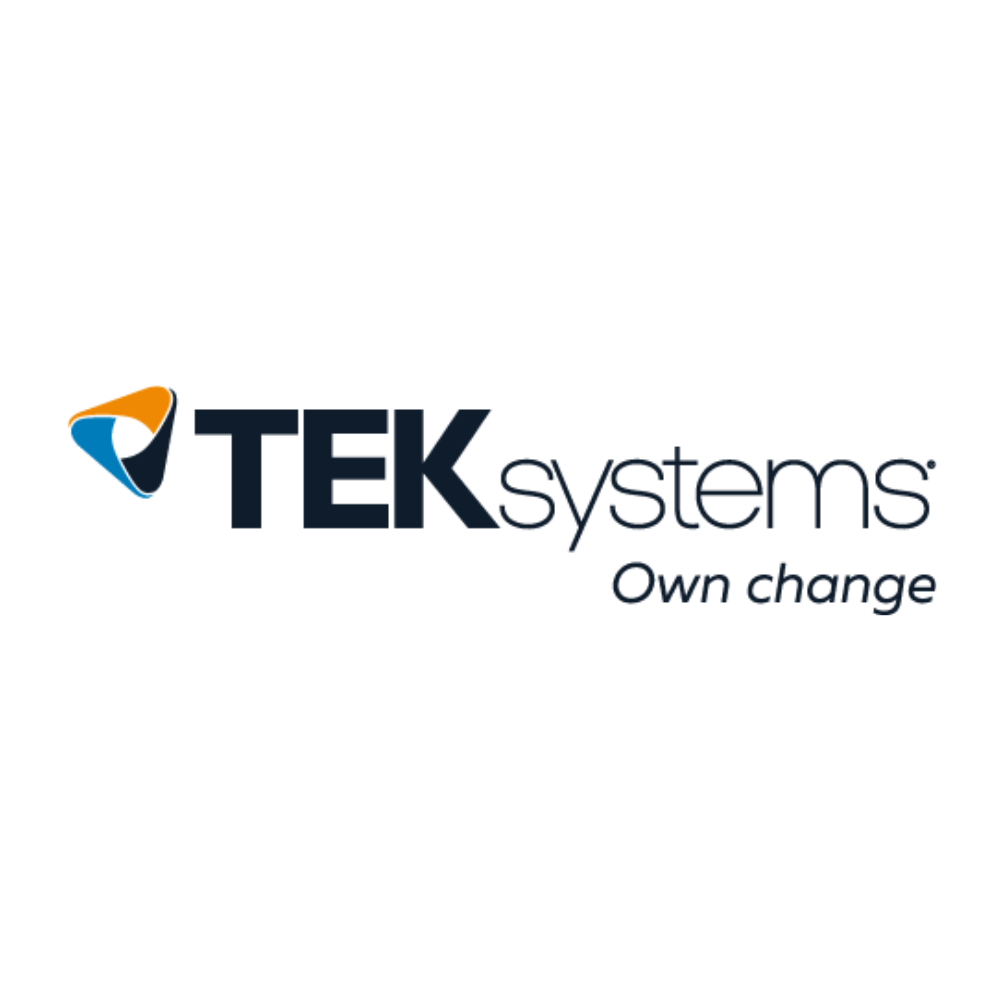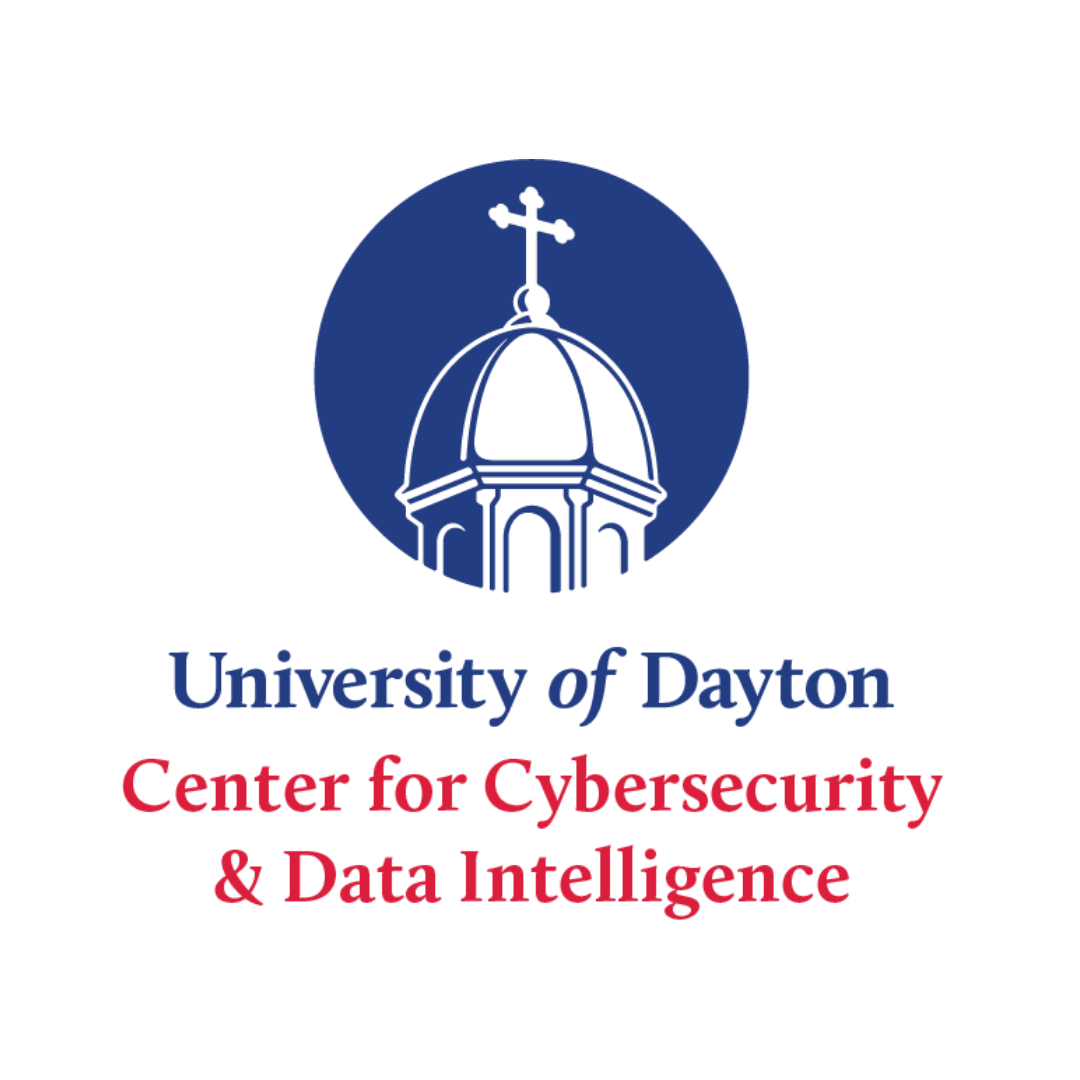
Quantum computing is a massive leap forward in computational capabilities potentially revolutionizing whole industries and solving previously intractable problems. Quantum computing relies on highly specialized technology (hardware and algorithms) that takes advantage of quantum mechanics to process information in ways that would have been considered science fiction not long ago. Quantum computers can solve extraordinarily complex problems that even supercomputers can’t solve in a reasonable amount of time, like before the sun burns out. Let’s take a deeper look at quantum computing.
What is quantum computing?
Quantum computers use quantum bits, or qubits, as basic informational units. Unlike traditional bits which can represent either 0 or 1, a qubit can exist in a state of 0, 1, or both at the same time thanks to the quantum phenomenon known as superposition. This allows quantum computers to explore multiple possibilities simultaneously, and in conjunction with other quantum phenomena such as entanglement and interference, solve highly complex problems much faster than traditional computers.
The quantum theory of physics was born in 1900 when physicist Max Planck published his study on the effect of radiation on a “blackbody” substance. As a subset of quantum physics, quantum computing is a relatively new field. It began to take off in 1994 when Peter Shor developed a quantum algorithm for factoring integers with the potential to crack public-key encryption schemes such as RSA or ECC. Astounding progress has been made in the decades since, major milestones include:
- 1995: David Deutsch and Richard Jozsa demonstrate the first quantum algorithm that can outperform any traditional algorithm on a specific problem.
- 1996: Lov Grover invents a quantum search algorithm that sports a quadratic performance improvement over traditional algorithms.
- 2001: IBM builds the first quantum computer to execute Shor's algorithm.
- 2007: D-Wave Systems demonstrated the first commercial quantum computer.
- 2019: Google claims quantum supremacy by performing a random circuit sampling in 200 seconds versus 10,000 years on a state-of-the-art supercomputer.
- 2020: IBM announces quantum advantage by performing a financial portfolio optimization task in 2 minutes versus 6 hours on a state-of-the-art supercomputer.
- 2020: China achieves quantum supremacy by performing a Gaussian boson sampling task in 200 seconds versus 2.5 billion years on a state-of-the-art supercomputer.
2023: IBM announces plans to build a 100,000-qubit machine that will work alongside traditional supercomputers to achieve breakthroughs in drug discovery and other advanced applications.
Quantum computing technology continues to advance rapidly. Industry leaders such as IBM, Google, and D-Wave, as well as academic institutions and startups continue to push the boundaries of what's possible. Currently, most work in the field is focused on reducing error rates, developing error correcting algorithms, increasing the number of qubits, and improving qubit coherence times which is length of time a qubit can maintain quantum state.
Common Benefits of Quantum Computing
The advent of quantum computing brings a host of benefits including:
- Speed: Quantum computers can solve certain problems exponentially faster than traditional computers. Shor's algorithm could factor a 2,048-bit number in about 10 minutes, versus billions of years on a traditional supercomputer. It’s worth noting that this has raised strong concerns about the future of encryption.
- Efficiency: Quantum computers can solve certain complex problems with fewer resources than traditional computers.
- Power: Quantum computers can manage more complex problems, even problems that were previously unsolvable.
- Security: Quantum computing introduces new paradigms in encryption.
- Innovation: Quantum computing enables breakthroughs by handling extraordinarily complex simulations and calculations that are impractical if not impossible for traditional computers.
Common Challenges of Quantum Computing
Quantum computing is not without challenges, including:
- Hardware: Quantum computers are complex, expensive and difficult to build and operate. They currently require extreme cooling and specialized equipment to maintain the quantum states of qubits, making them impractical for widespread use.
- Software: Quantum computing requires new programming languages, algorithms, and tools.
- Threats: Quantum computing poses a significant threat to current cryptographic standards putting vast amounts of sensitive data at risk.
- Technical Challenges: Quantum computing is an immature and rapidly advancing field. Error rates and qubit coherence must be overcome to fully realize quantum computing’s benefits.
- Ethics: Quantum computing poses profound social and ethical implications. It creates the potential for new forms of power and influence, as well as new forms of harm, inequality, and conflict. For additional insights, check out this article from Deloitte “Quantum computing may create ethical risks for businesses. It’s time to prepare”.
How Quantum Computing Is Currently Used
- Despite challenges and concerns, quantum computing has the potential to revolutionize industries including artificial intelligence, physics, medicine, chemistry, logistics, finance, cryptography and more. Current applications for quantum computing include:
- Advanced simulations: Quantum computers could simulate the behavior of molecules, atoms, and subatomic particles leading to breakthroughs in the design of new materials, drugs, and energy sources.
- Optimization: Quantum computers could tackle complex optimization problems that require finding the best solution from a vast number of possibilities. Examples include scheduling, routing, and planning.
- Accelerating machine learning: Quantum computers could enhance the performance and capabilities of machine learning models through faster training, better accuracy, and less complexity.
- Cracking encryption: Quantum algorithms like Shor’s pose a significant threat to data secured by current encryption schemes. Cybersecurity experts have speculated that adversarial nation state actors (APTs) are collecting as much data as possible now knowing that quantum computing will soon make it feasible to crack current encryption schemes and unlock vast troves of stolen data.
- Improving encryption: Quantum cryptography promises strong encryption that will be virtually unbreakable. NIST has announced four post-quantum resistant encryption algorithms designed to withstand quantum attacks.
Conclusion: Facing Our Quantum Future
Quantum computing is a new paradigm that transcends the limits of traditional computing by harnessing the power of quantum physics to perform calculations that are impractical if not impossible for traditional binary based computers. While still in its developmental stages, quantum computing shows the potential to radically transform our world.
For technology professionals, quantum computing presents unprecedented opportunities and challenges. Understanding its principles, applications, benefits, and risks will allow us to play a pivotal role in shaping this technology, addressing ethical concerns raised by it, and developing secure, equitable access to quantum technologies.
The journey into the quantum future is just beginning, and its impact on society, science and the economy will be profound. It’s an exciting time to be alive and to be in tech as we now have the opportunity to shape this future and ensure the power of quantum computing achieves its most beneficial potential.
Bio: Dave Hatter – CISSP, CISA, CISM, CCSP, CSSLP, PMP, ITIL, is a cybersecurity consultant at Intrust IT. Dave has more than 30 years’ experience in technology as a software engineer and cybersecurity consultant and has served as an adjunct professor at Cincinnati State for nearly 20 years. He is a privacy advocate and an Advisory Board member of the Plunk Foundation. Follow Dave on X (@DaveHatter) for timely and helpful technology news and tips.














.png)


